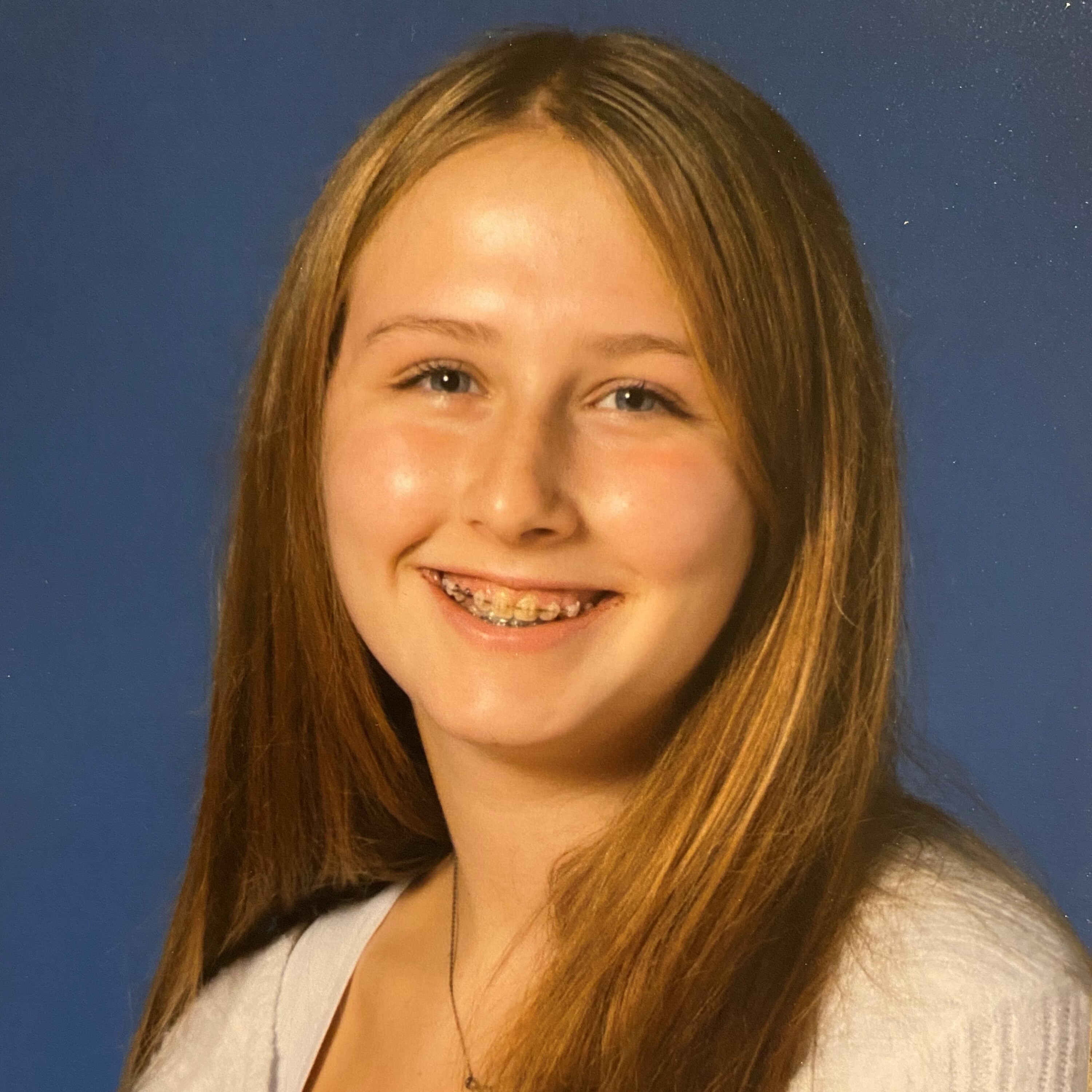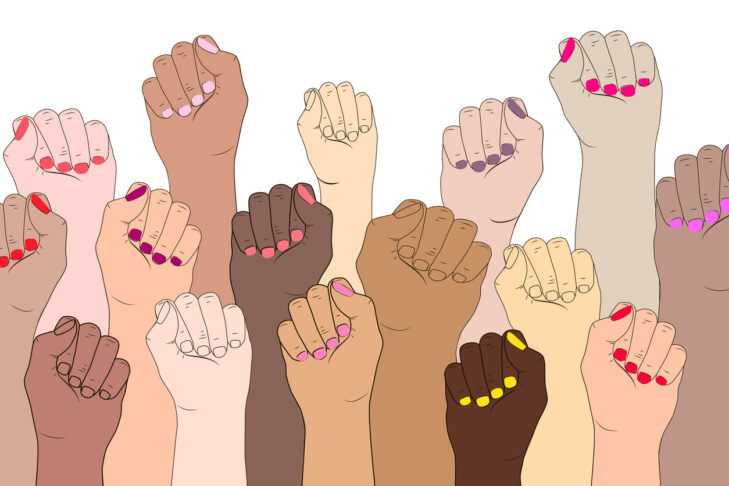Feminist voices need to be heard. Through Moving Traditions, the Kol Koleinu Feminist Teen Fellowship enables just that. During the yearlong fellowship, teens of any gender tackle an issue related to sexism that affects them or the people they care about—from menstruation to feminist literature to women in politics and LGBTQ issues—and work to educate their peers, the Jewish community and the larger world during monthly meetings and retreats.
At the first retreat, fellows are asked: “What upsets you related to sexism?” From there, they begin to hone in on a chosen project.
The application-only program is open to 10th through 12th graders of all genders who are intellectually curious and passionate about advancing change in their communities. In the past, fellows have created an NBA fantasy league to respond to the lack of women’s sports access and devised a sex-ed and intimacy curriculum to be implemented within their high schools to fill gaps in sex education.

The fellowship’s curriculum focuses on gender analysis, feminist theory and history, and social change while leveraging Jewish teachings. It has two components: Peer learning sessions are led by the teenagers in small groups. Social change projects are designed for the broader Jewish community. Fellows are paired with mentors to help them design projects. They learn how to organize, speak in public, write persuasively about a topic they care about and see their campaign to fruition.
I talked with a two-time fellow, Needham-based high school senior Emma Green, about her project.
What did you work on?
I worked on reproductive rights and Jewish law. For my social change project, we’re making people aware of resources they could use for reproductive rights and how to reach out to legislators about it.
What made you interested in this? Why did you apply?
I applied because we just got our first female rabbi at our temple, and she reached out to all the girls in my 10th grade confirmation class and said, “This is a great program.” I was inspired by her!
Have you always been interested in women’s rights?
I haven’t always been so passionate about feminism. But in our 10th grade confirmation class, we took a trip to the Religious Action Center in Washington, D.C. I learned about reproductive rights there, and I think I was a great fit because I had some background knowledge about reproductive rights. And I’m also into social justice—and I’m a hard worker.
What do you hope other people learn from your work?
My partner and I created a clip collection of resources, and we made a fact sheet. We’re planning to do a Zoom event, where we train people to talk to legislators about reproductive rights. We’ve made a template for people to write to legislators. And then we have a fact sheet they can use to back up the letter with facts about reproductive rights. We’ve created a presentation, which includes introducing these resources, and doing a role play of my partner and me pretending to be a legislator and someone talking to a legislator.
What have you learned so far?
I’ve learned about many different issues, whether that be LGBTQ [issues], or women in sports and stigma around menstruation. I’ve learned that all of these issues exist and that something needs to be done about them. And the issues are pretty serious.
Which issues really speak to you?
I was really surprised at how much inequality there is in women’s sports—and how women’s sports are a lot less popular than men’s. There’s inequality with that. Also menstruation and sex education: Not everyone is getting that. There’s so much stigma. I didn’t realize those issues were that extreme.
Has this influenced what you want to do as an adult or in college going forward?
The fellowship has influenced me to take a bigger look at things, and I think it empowers me to take action and be aware of issues, small or big.
Any specific ideas?
I created this training and all of these events, and maybe I’ll be attending a protest or listening in on an information session about issues that exist and what can be done. I’m looking at small and medium liberal arts schools in New England or New York.



